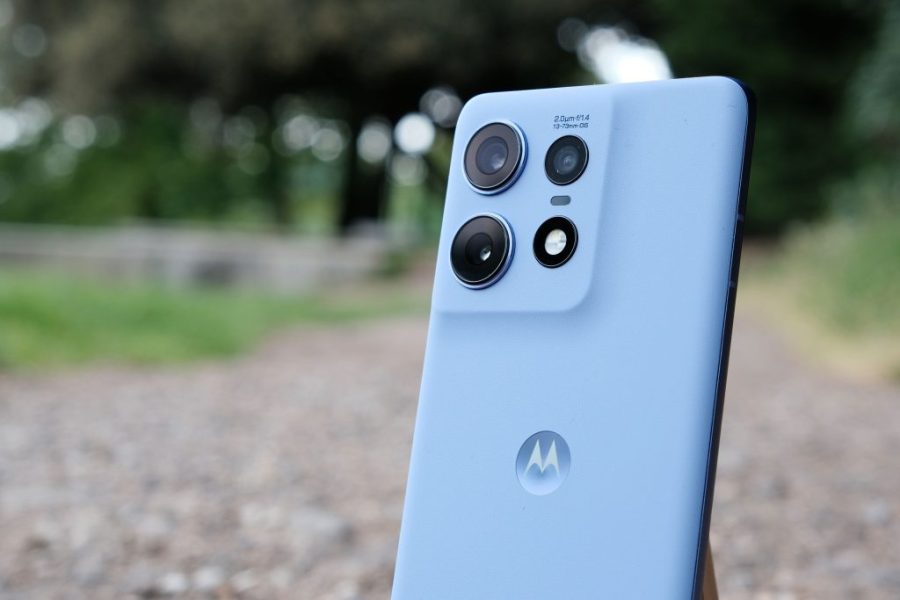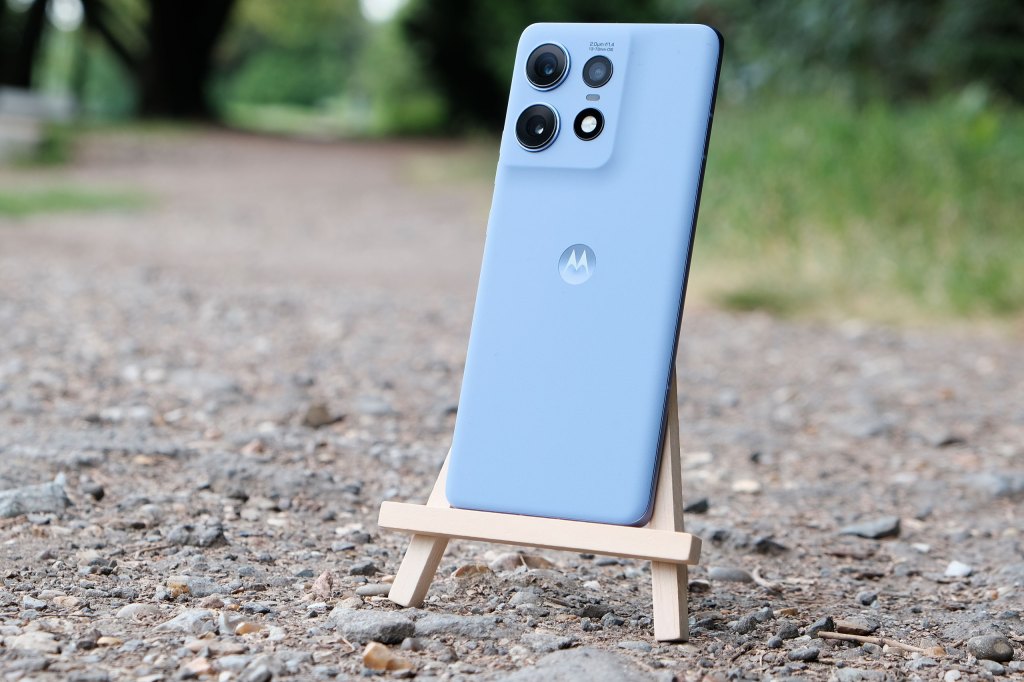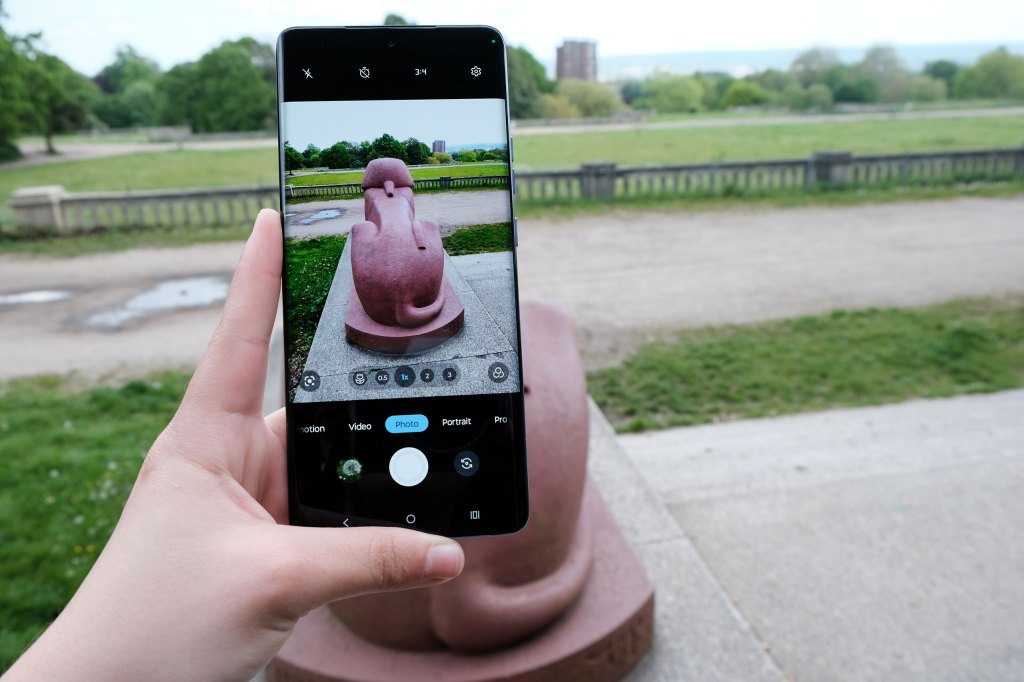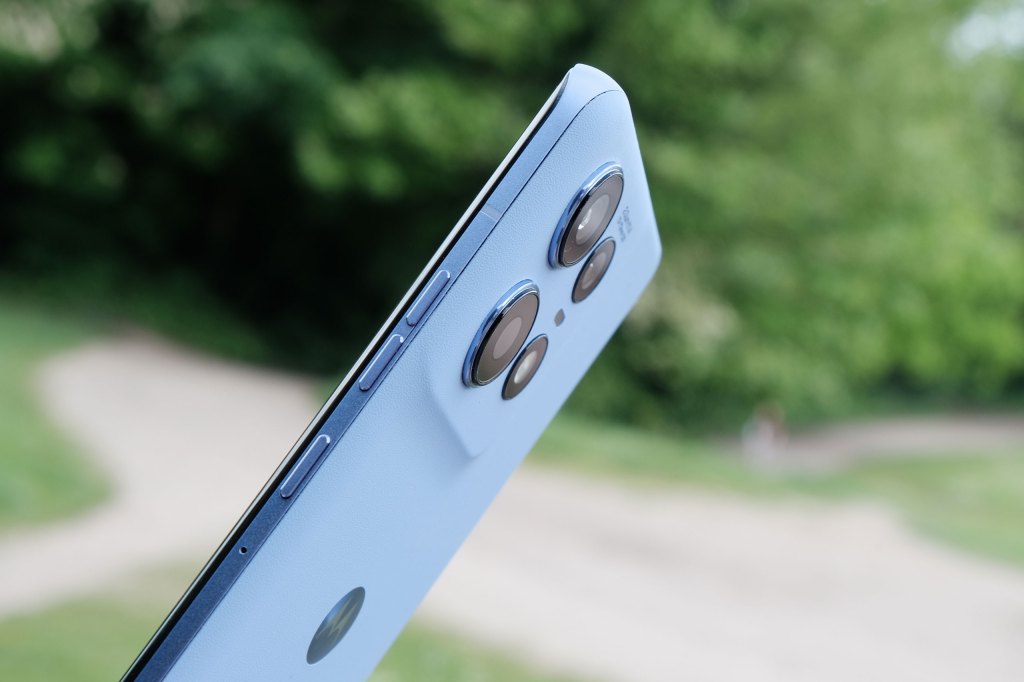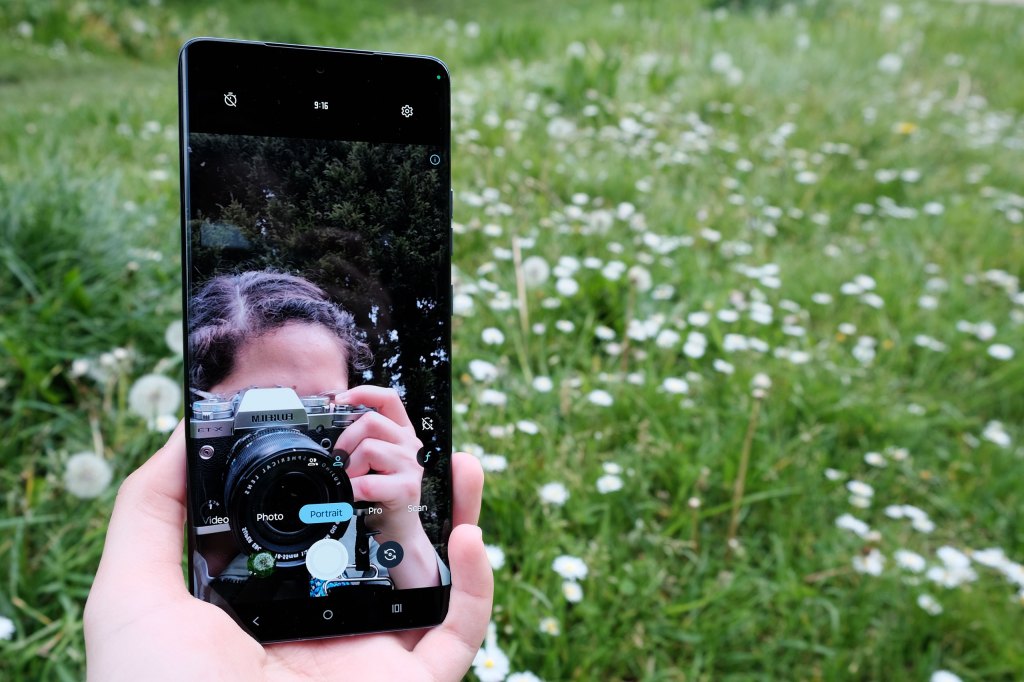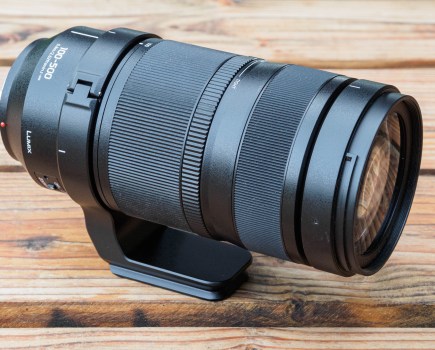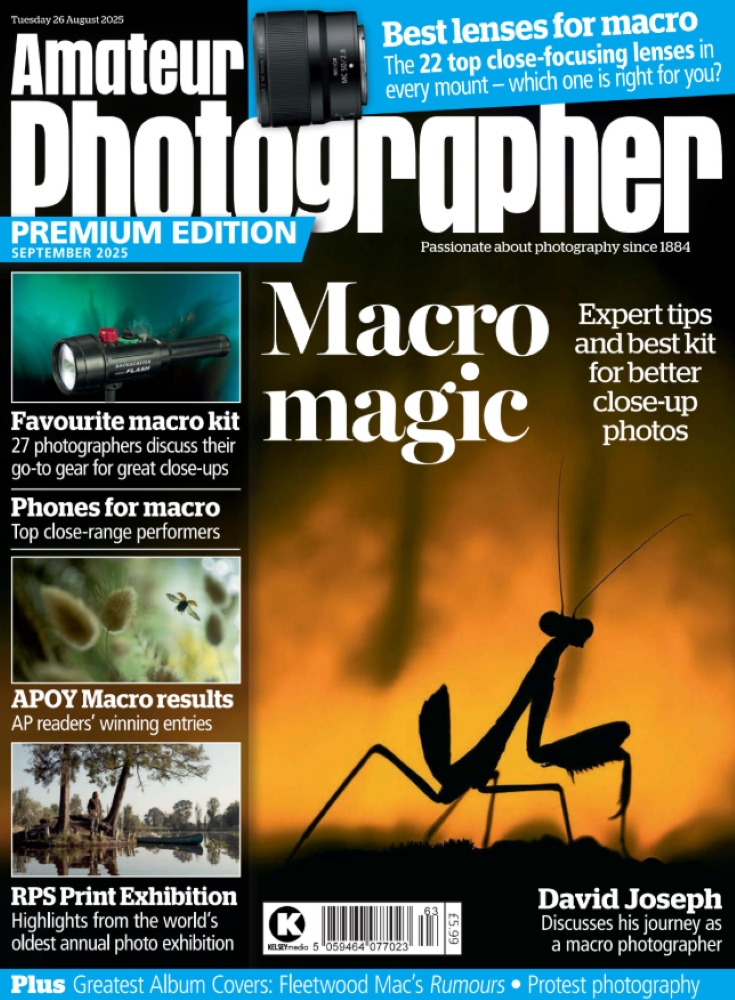The Motorola Edge 50 Pro sits between the flagship Motorola Edge 50 Ultra, and the budget Motorola Edge 50 Fusion. As such, the 50 Pro is a toned-down version of the 50 Ultra (the 50 Fusion is even more so).
Amateur Photographer verdict
The middle child of the Motorola Edge 50 family packs quite a punch for a toned down version of the 50 Ultra. Its cameras are versatile and produce excellent photographs.- Impressive main camera with beautiful Pantone-validated colours
- Really nice portrait mode capabilities
- Fast charging and battery that lasts for ages
- Curved screen won’t suit everyone
- Telephoto and ultrawide camera suffer in low light
- Not the fastest at taking photos
Key features at a glance
- 50MP main camera, f/1.4 with OIS
- 13MP ultrawide, f/2.2, 120-degree field of view with macro-friendly AF
- 10MP telephoto, f/2.0 with OIS, 3x optical zoom
- 50MP selfie camera, f/1.9 with AF
- 6.7-inch screen, 144Hz with 2000nit peak brightness
- 4500mAh battery
- 12+512GB
- Android 14
- 161.23 ×72.4 × 8.19 mm
- 186g
- Price: from around $550 / £399
How we test camera phones
We review smartphones from the perspective of choosing one for its photography and camera performance. We look at what the Motorola Edge 50 Pro offers, and the features included for photography and video, paying particular attention to the cameras on the phone, photo editing capabilities, as well as the output from each different lens.
Features
Like the Motorola Edge 50 Ultra, Motorola Edge 50 Pro has a 50MP main camera with optical image stabilisation (OIS) and 50MP selfie camera with autofocus. This is where, camera-wise, the similarities with the 50 Ultra end. Instead of an f/1.6 aperture, the 50 Pro’s main camera sports a wider f/1.4 aperture and the rest of the cameras on the phone have a smaller megapixel count.
The phone has a 13MP ultrawide camera with a f/2.2 aperture, 120-degree field of view and macro-friendly autofocus. Its 10MP telephoto camera has an f/2.0 aperture, OIS and 3x optical zoom.
Feature-wise, the camera has a Portrait, Pro modes as well as Night Vision. Additionally, it can shoot long exposures, panoramas and photos with a tilt shift.
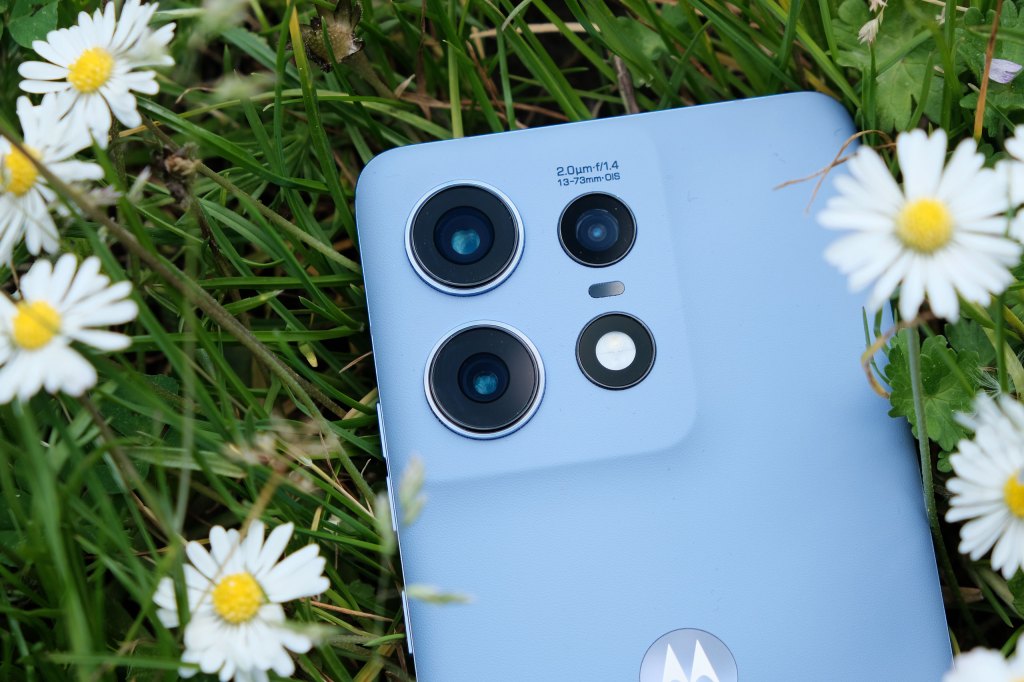
You can choose the aspect ratio and resolution to take photos at: High or Standard, as well as turn Auto-Macro on, which will allow the phone to automatically switch to the Macro camera when shooting smaller objects.
In terms of video, the Motorola Edge 50 Pro has FHD and 4K video recording. Macro mode, Night Vision, Smart stabilisation and even a flashlight can be turned on while shooting. There is also an option to record Slow Motion video.
Handling and Design
This phone comes in the following colour options: Luxe Lavender, Moonlight Pearl, and Black Beauty. The phone I received to review was the Luxe Lavender colour option, which along with the Black Beauty option comes in Vegan Leather. Like the Motorola Edge 40 Neo, the Motorola Edge 50 Pro is a very beautiful phone, with rounded edges and a thin, lightweight build.
It is powered by a Snapdragon 7 Gen 3 chipset and is IP68 dust and water resistant. The 50 Pro has the same 6.7-inch Super HD (1220 p) display as the flagship with a 144Hz refresh rate and is curved around the edges of the phone.
My only complaint about this display is that it can be tricky to use without a cover on the phone; time and time again this caused me to accidentally click the back button, which took out of the camera app. The phone runs on Android 14 and comes with 125W TurboPower charging.
Image quality and performance
The Motorola Edge 50 Pro performs very well, particularly the main camera and the telephoto camera, which delivered detailed, vibrant images. At times, the colours (particularly greens and blues) can look a little over-saturated but turning off Shot Optimisation, which uses AI to enhance images, helps if you want more natural-looking photos.
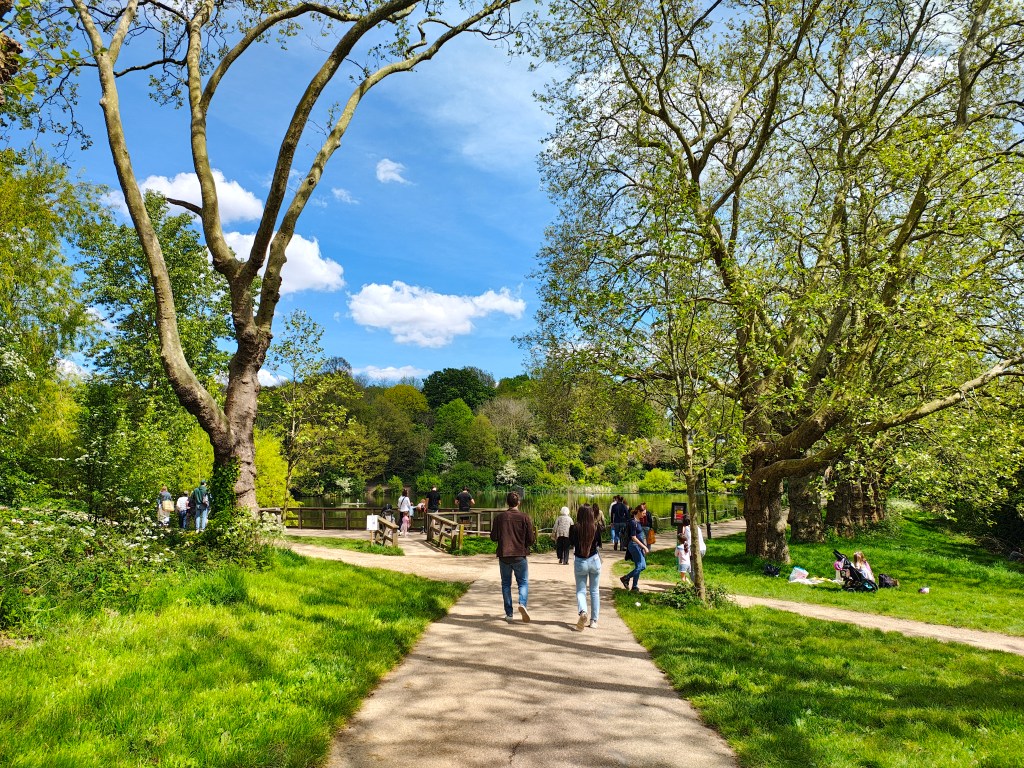
The 1x lens across all cameras works best, with the ultrawide and 3x telephoto delivering a nice amount of detail as well. As with other phones, once you zoom past 3x, the image/video quality does go down.
The phone switches to the ultrawide camera to shoot in Macro mode (with a minimum focusing distance of 2.5cm). While the Macro mode works well enough, I preferred the main camera to shoot photos of flowers with. It does a decent job at capturing smaller subjects and delivers a warmer tone and more obvious bokeh courtesy of the main camera’s wider aperture.
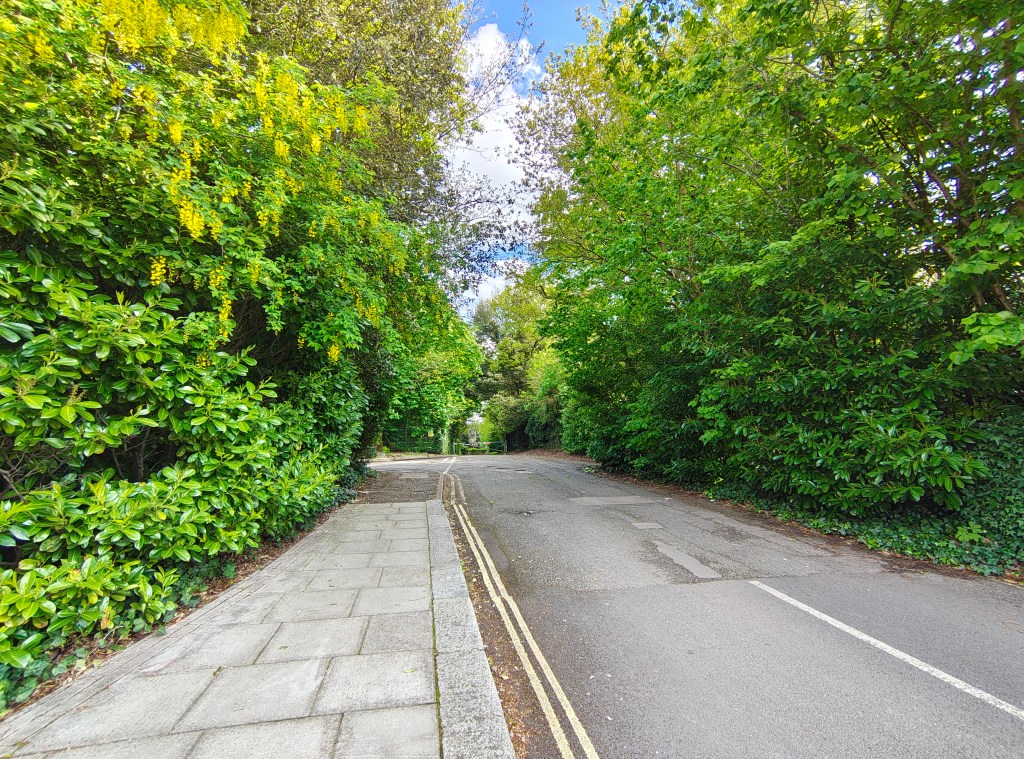
The 50 Pro takes some very good selfies, as you’d expect from a 50MP selfie camera with autofocus. There is an option to select between a solo selfie and a group selfie, with the camera zooming out slightly when you select the group selfie option – I was able to fit in one the sphinxes from Crystal Palace Park in the frame, which was relatively close to me and is in focus. You can also adjust the F stop while taking selfies in Portrait mode.
The Motorola Edge 50 Pro has several options for portrait photographers to shoot in: 24mm, 35mm, 50mm and 85mm. The main camera is used in all options save for the 85mm option, where the telephoto camera is used, delivering an outstanding (or frightening) amount of detail that looks good even when the photo is opened on a computer screen. It’s really a bit of a shame you can’t shoot video in Portrait Mode.


Photos taken using Night mode on the main camera have more detail and contrast than those taken without Night mode in low light situations. The sky was much brighter than in real life, even at almost 10pm when the sun has been down for a few hours. Any artificial lights also look cleaner and colours are more vibrant. At times, the phone will recommend that you hold it as still as you can.
While the telephoto camera does produce decent social-media friendly photos, I found it best not to zoom in too much beyond 3x as images start to look a bit blurry, particularly in low light.
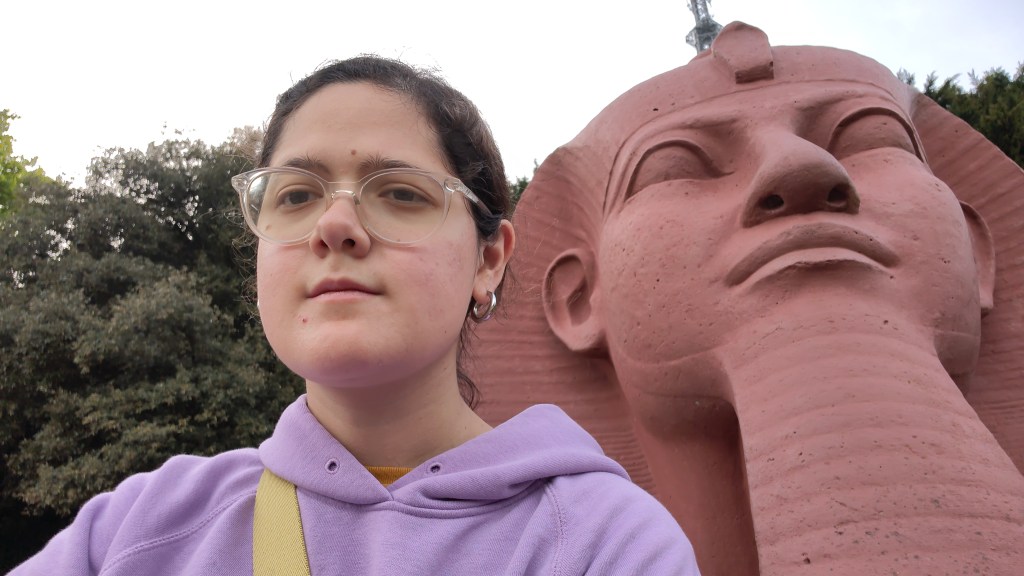
The 50 Pro gives you the option to select to shoot long exposures in the menu that pops up after clicking ‘More’ on the camera app. The main camera is used for this, and it did very well, with light streaks from passing cars mainly coming out very clean. A few lamplights did not, but this was due more to my inability to hold the phone still as it was cold (it was freezing and my hands were shaking!) than it was to the camera.
Several options for long exposures are available: Traffic trails, water and clouds, light painting and even star trails. The phone lets you expose anywhere from 2 seconds to infinity (this changes depending on which option you select). You can see your photo in real time and click the stop button if you decide you’re happy with your photo and don’t want to expose for longer.
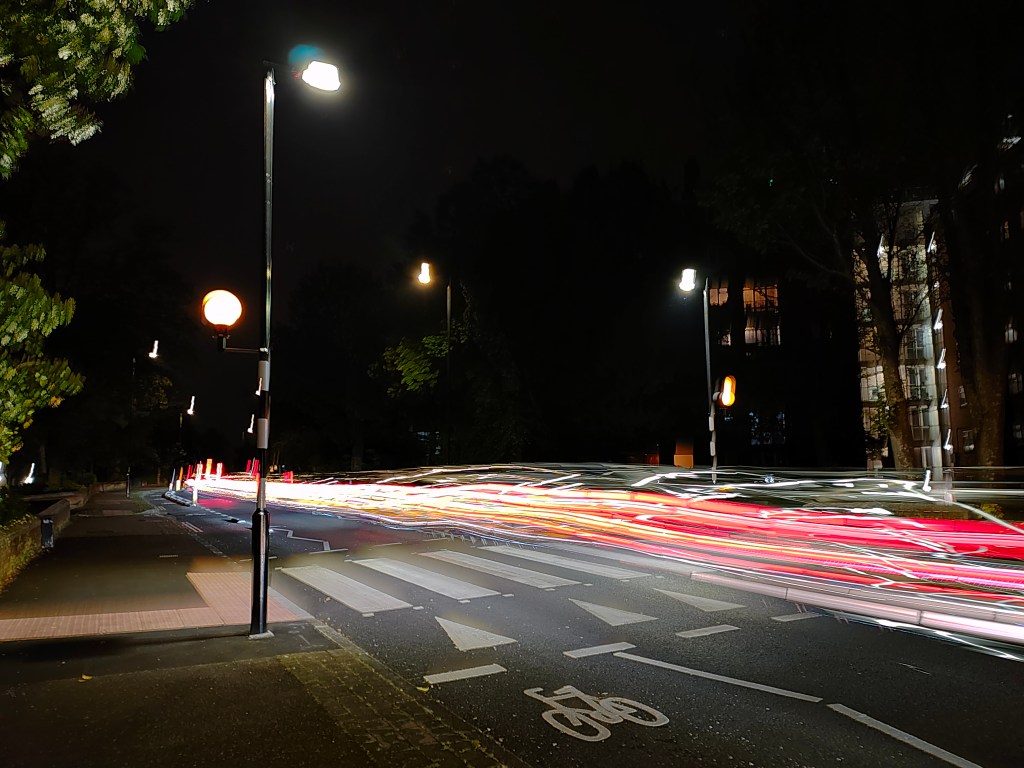
Most of these options can be done handheld but the phone does recommend stabilising the device or using a smartphone tripod when using the star trails option as the minimum exposure time is 0.25 hours or 15 minutes.
Video was detailed and brightly lit, even in low light conditions. The stabilisation was mostly good but struggled in low light conditions and I could see some shake in my footage, particularly when panning the phone slightly or zooming in and out.
You can turn on Night and Macro mode when shooting video as well a flashlight which can be used to provide extra lighting. The phone comes with Audio Zoom, which amplifies audio in the zoomed area of the viewfinder, which might prove useful to anyone look to shoot video content for social media with this phone.
Value for money
The Motorola Edge 50 Pro is a very nice option for those who want pro specs and can swallow what is now a cheaper phone at £530 than it was on release. Anyone looking to spend less than this could plump for alternatives such as the 50 Fusion.
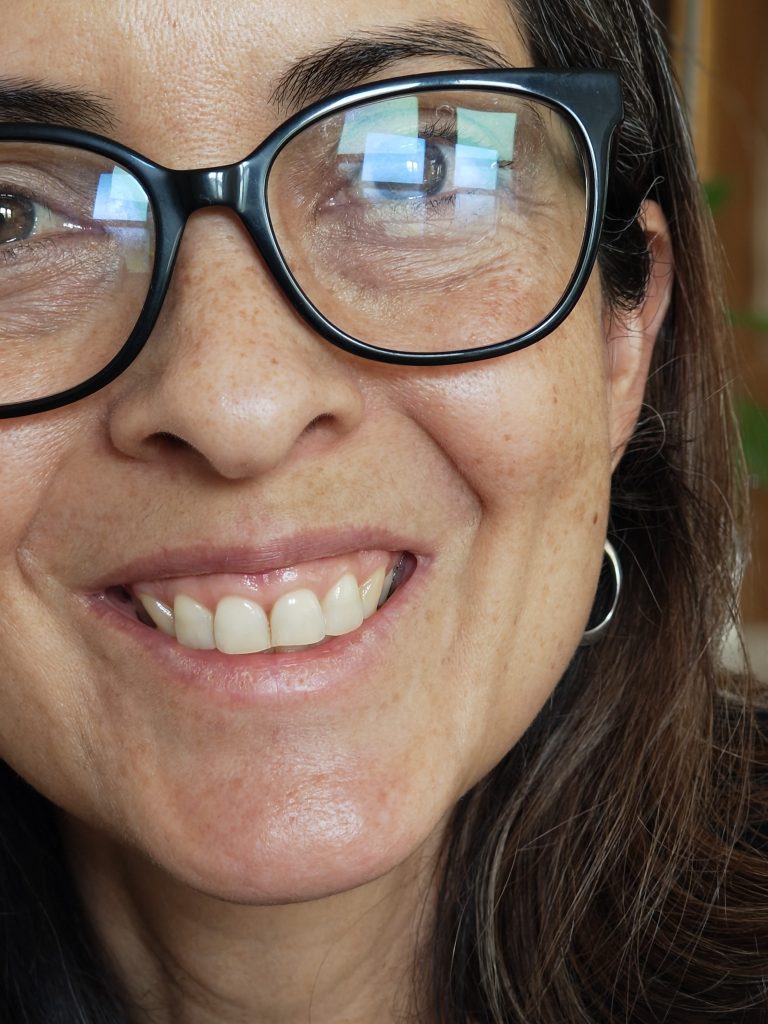
If you’re looking for a flagship with more megapixels in its secondary cameras and up to 1TB storage, then the pricier Motorola Edge 50 Ultra might be the one for you. At the time of writing, the 50 Pro is not yet available to buy in the United States, so this is also something you’ll need to consider.
The 50 Pro’s 50MP selfie camera makes it stand out, even among some flagships. Among other mid-range phones like the Google Pixel 7a and the Vivo V30 however, it doesn’t stand out as much in terms of features and price.
Verdict
The middle child of the Motorola Edge 50 family packs quite a punch for a slightly watered down version of the 50 Ultra. My only complaints are with its low light performance, a lag when it processes images and the curved screen, but the screen problem might not bother everyone and can be fixed with a phone case that can give you more of a grip on it.
As someone who regularly uses her phone for creating social content, the Motorola Edge 50 Pro is one I’d consider, particularly for shooting portraits and quality video.
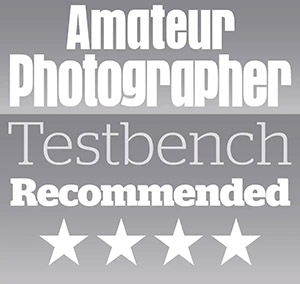
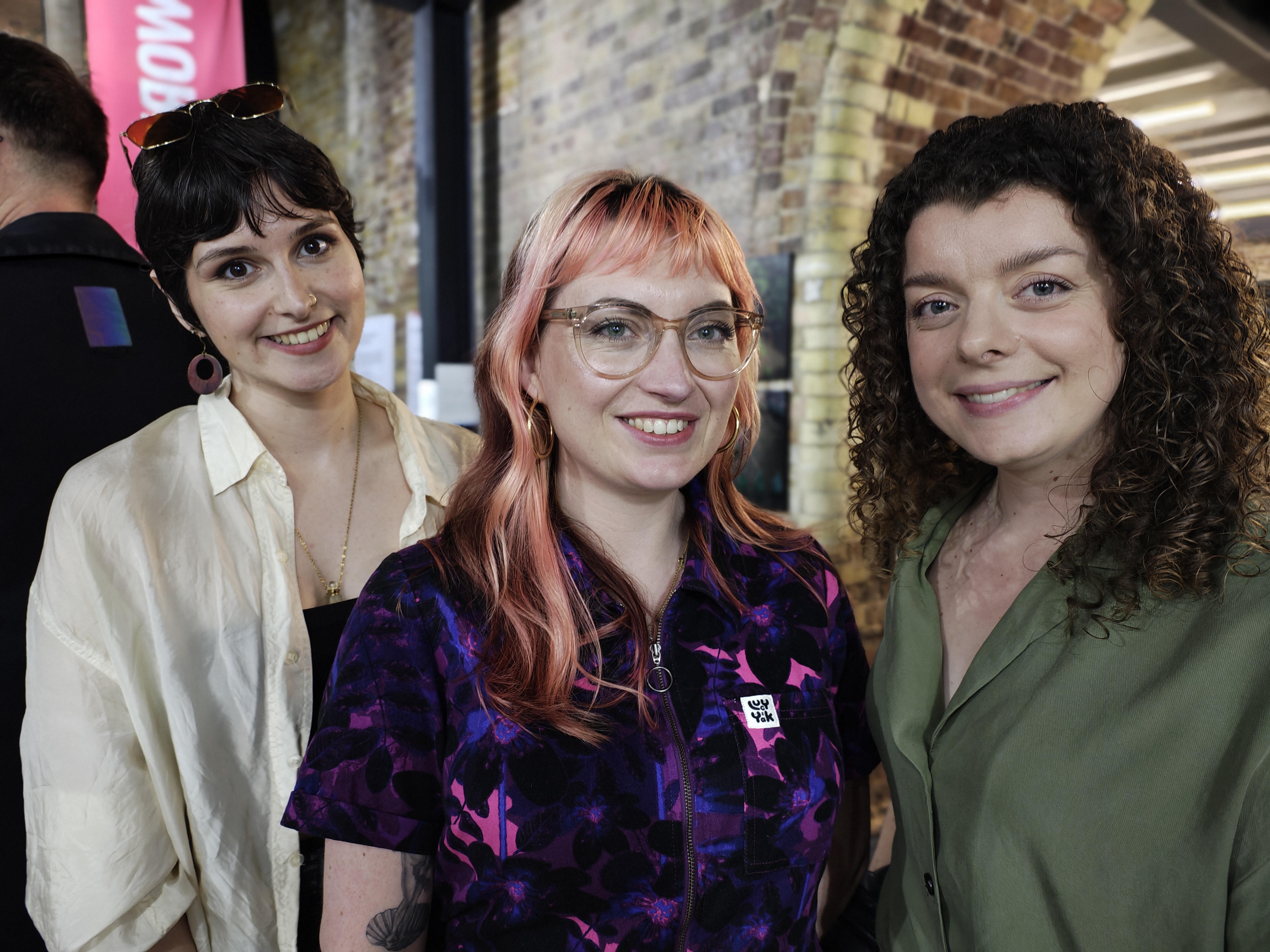
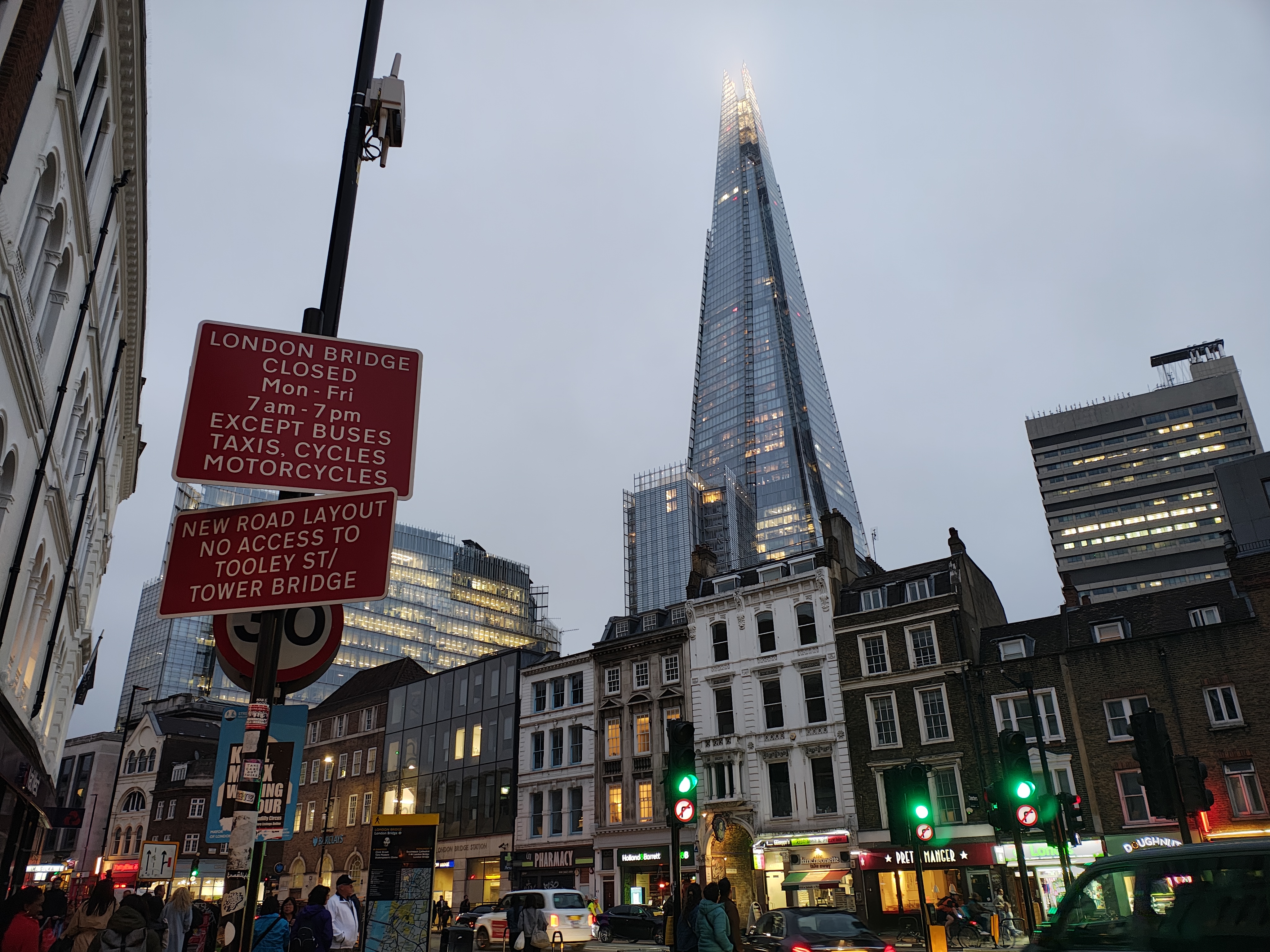
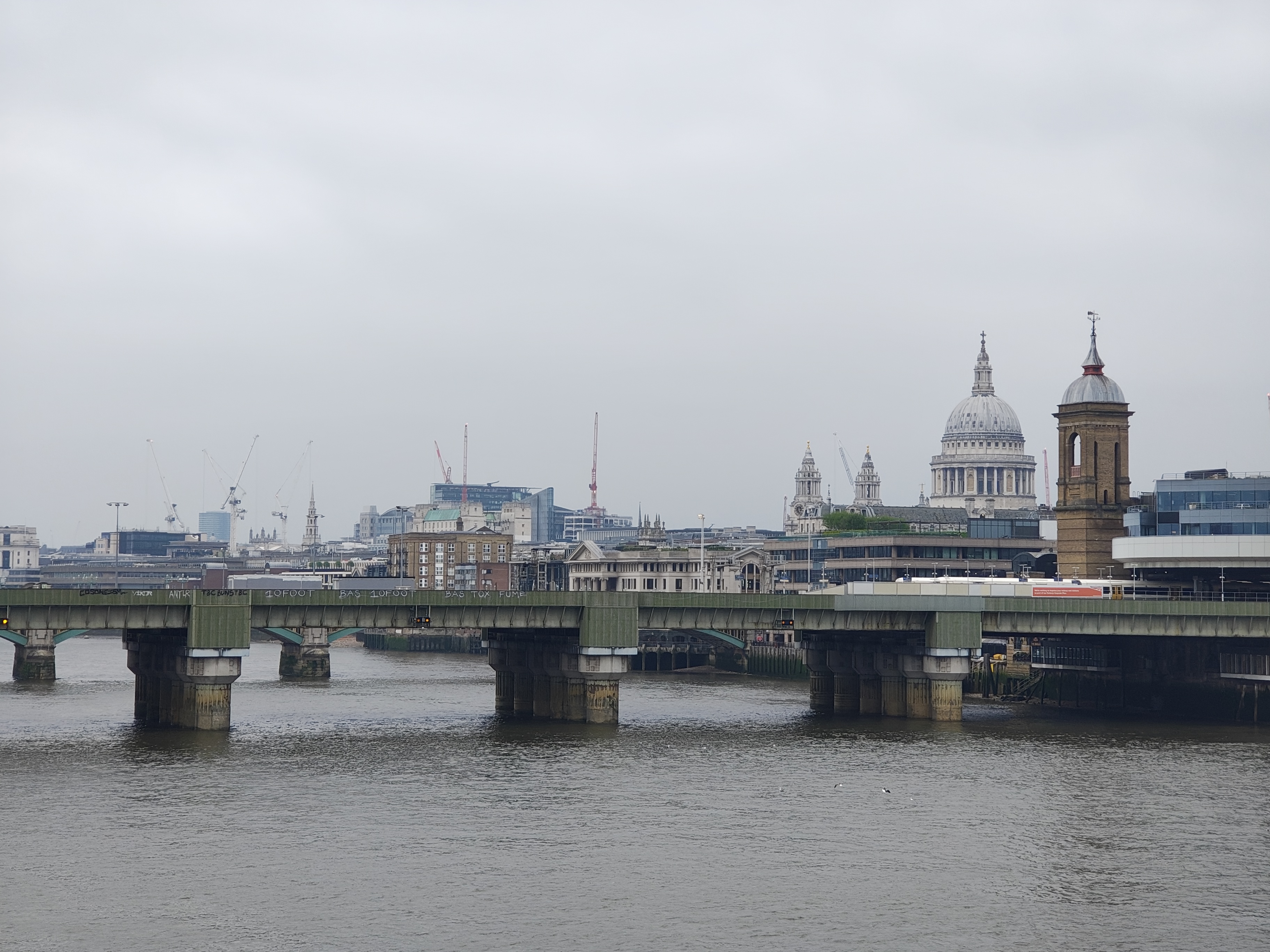
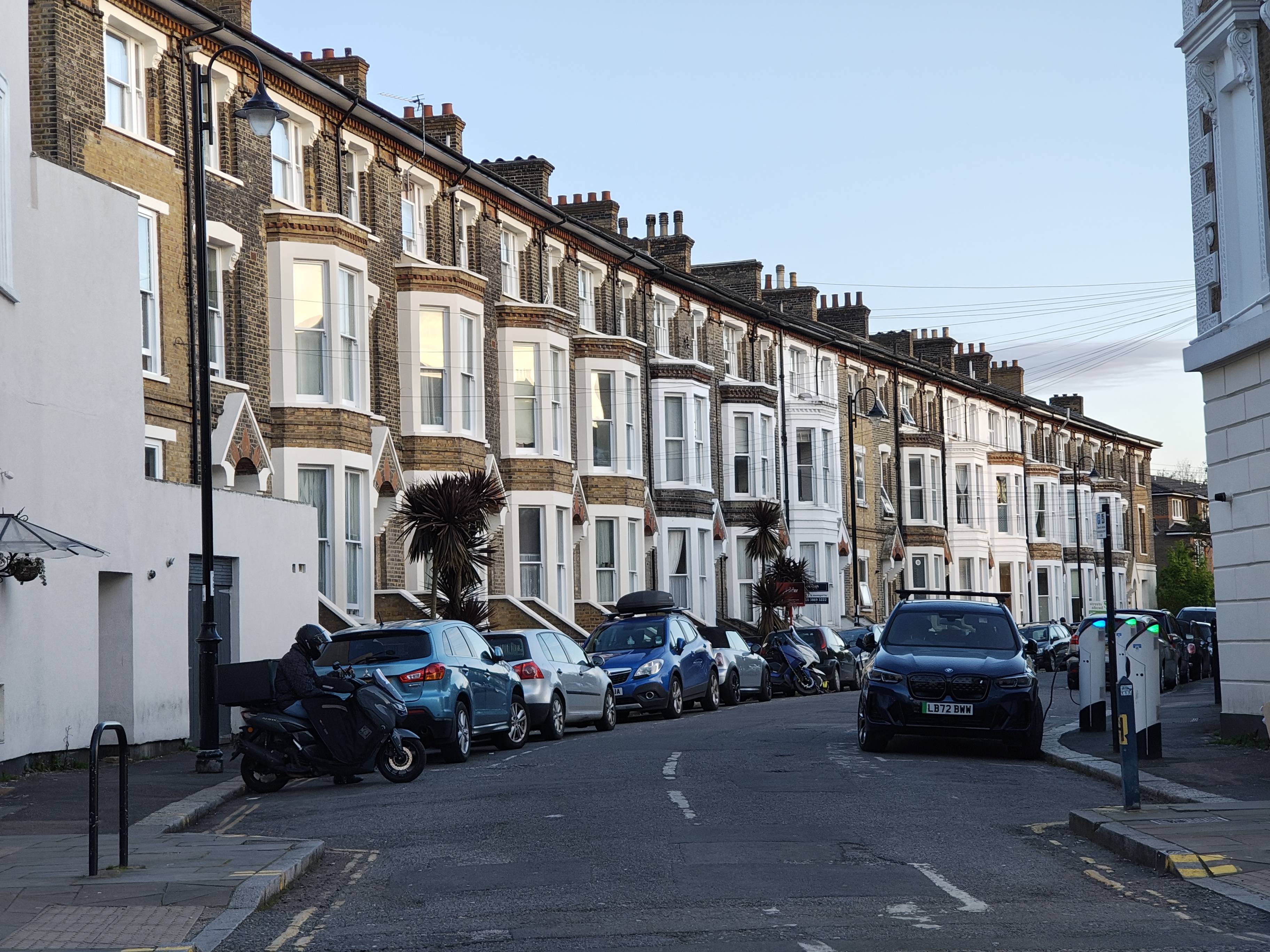
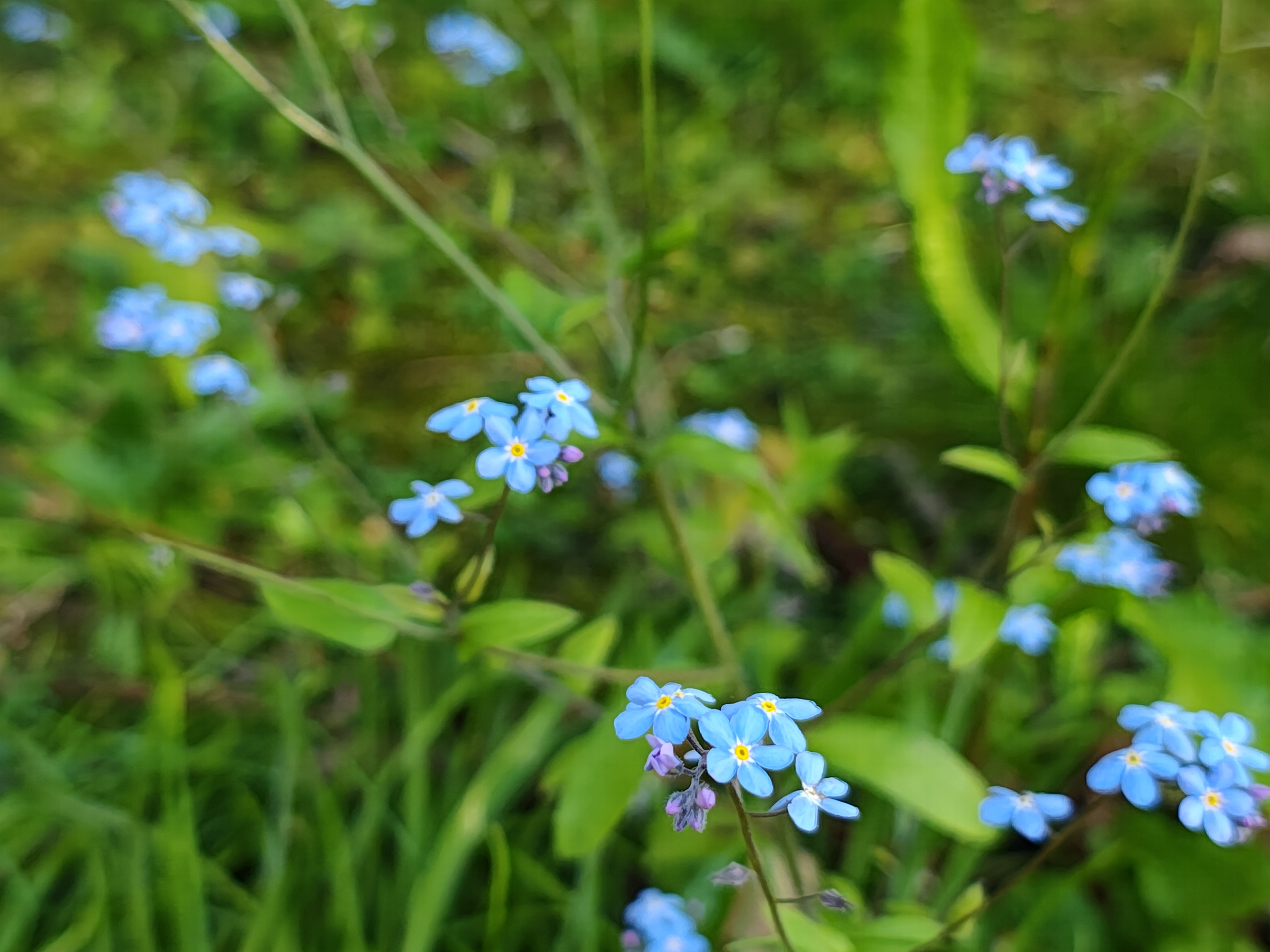
Related content:
- Best camera phones for photography
- The best budget camera phones
- Best smartphones for portrait photography

